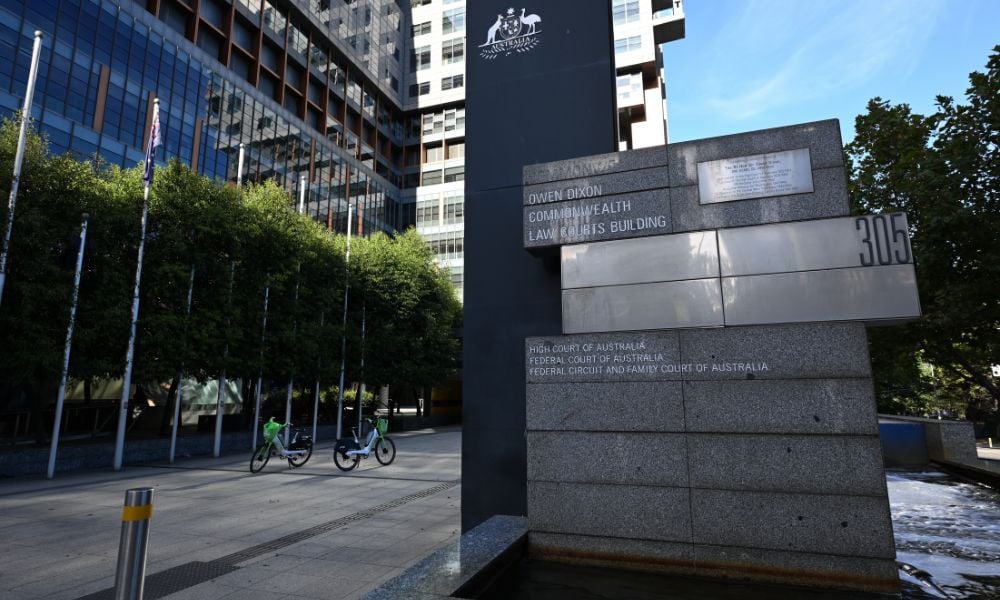
Ruling says relief will allow liquidator to proceed toward assigning a potential claim

Australia’s Federal Court has deemed it appropriate to grant an application compelling the Australian Securities and Investments Commission (ASIC) to reinstate a company’s registration upon finding that the plaintiff had an actual economic interest in obtaining this relief.
In Bio Refining Industries Inc Corporation v Australian Securities and Investments Commission, in the matter of Eguana Holdings Pty Ltd (Deregistered), [2025] FCA 619, the plaintiff’s president and director was an Eguana Holdings Pty Ltd director from October 2015 until its deregistration in May 2021.
In January 2017, Eguana’s sole member resolved to wind up the company and appoint a liquidator. In November 2019, the plaintiff became an Eguana creditor due to the assignment to it of Eguana’s debts amounting to $6,607,387.29 to various entities.
In January 2020, the creditors chose to authorise the liquidator to execute a deed of assignment and indemnity under s 477(2B) of the Corporations Act 2001 (Cth) (Act). The director proposed that Eguana initiate proceedings against KNM Process System Sdn Bhd (KNMPS), previously Eguana’s sole shareholder, to recover Eguana’s debts to its creditors.
In May 2021, ASIC deregistered Eguana under s 509 of the Corporations Act. In May 2025, another liquidator agreed to his appointment as Eguana’s liquidator, replacing the former appointee, who was no longer a registered liquidator.
In this case, the plaintiff wanted ASIC to reinstate Eguana’s registration so that it could pursue the potential claim against KNMPS or assign the claim. The plaintiff also asked the court to appoint Eguana’s new liquidator.
The Federal Court of Australia ordered:
The court considered it just to require ASIC to reinstate Eguana’s registration and appropriate to appoint Eguana’s new liquidator.
The court deemed the plaintiff aggrieved under s 601AH(2)(a)(i), given that it:
Next, the court found it just to order the reinstatement of Eguana’s registration for three reasons.
First, the court ruled that the reinstatement would permit Eguana’s liquidator to proceed toward an assignment of the prospective claim against KNMPS. The court noted that the plaintiff had taken steps to investigate the possible claim.
Second, the court saw no evidence supporting that a reinstatement would likely prejudice anyone. The court noted that the former liquidator did not oppose the reinstatement or the appointment of a new liquidator and that the circumstances of the ex-liquidator’s replacement did not cause any concern.
Third, the court said ASIC also had no objection.
Lastly, the court deemed it appropriate to order the appointment of Eguana’s new liquidator upon the reinstatement of its registration in the circumstances of this case.